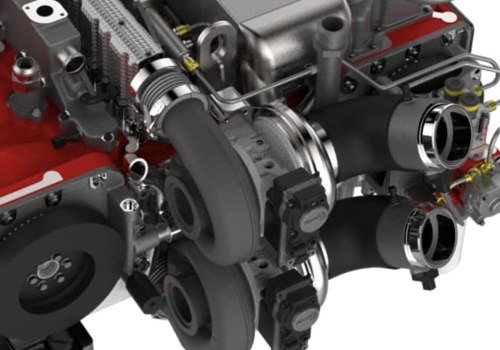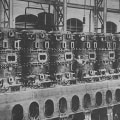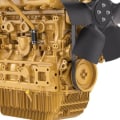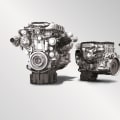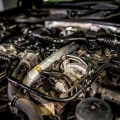The diesel engine is a powerful and efficient heat engine that has the potential to reduce CO2 emissions. To achieve high performance and superior fuel economy, it is important to understand the main factors that influence its operation. Thermal efficiency, compression ratio and fuel density are the most important variables that determine fuel efficiency. Thermal efficiency is the most influential factor when it comes to fuel economy.
It is a measure of how much energy an engine uses compared to the amount of energy it wastes, the amount of energy in a gallon of gasoline that goes to locomotion, and the amount of heat that is expelled through the exhaust or lost in the environment surrounding an engine. The higher the thermal efficiency, the more efficient an engine is. The compression ratio of an engine is also an important factor in determining fuel efficiency. It is the difference in volume between the time a piston is at the bottom of its cycle and the time it is at the top of its cycle.
The more air or fuel mixture is compressed, the higher the temperature inside the cylinder and, consequently, the higher the thermal efficiency. Finally, fuel density plays a role in determining fuel efficiency. It is a measure of how much energy can be stored in a given volume of fuel. The higher the energy density of a fuel, the more efficient an engine will be.
In addition to these three main variables, other factors such as vehicle weight, terrain and air flow dynamics can also influence fuel efficiency. However, they are not as influential as thermal efficiency, compression ratio and fuel density. To improve thermal efficiency, it is important to understand how combustion engines work. In spark-ignition engines, air-fuel mixture is added at the bottom of the piston cycle and ignited with a small electrical load at the top of the piston stroke. In compression engines, only air is present in the cylinder at the bottom of the piston cycle and diesel is injected into hot compressed air at the top of the piston stroke.
Diesel engines are more efficient than gasoline engines because they do not require spark plugs. It should be noted that no energy conversion system is 100 percent efficient and heat engines are particularly inefficient. However, there are ways to improve their thermal efficiency by increasing their compression ratio. Finally, it is important to understand that self-ignition in a gasoline engine can be catastrophic and should not be confused with detonation. Detonation occurs when bags of air-fuel mixture in a cylinder ignite at different times and causes a “ping” sound while self-ignition destroys piston heads and rods, rings and gaskets, and can even cause engine side spark plugs to explode.


